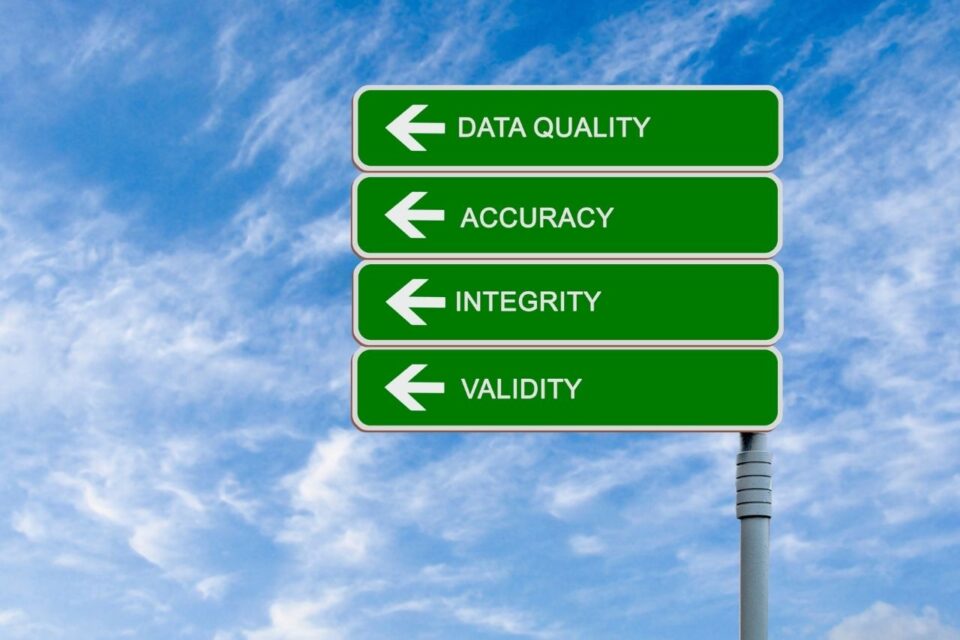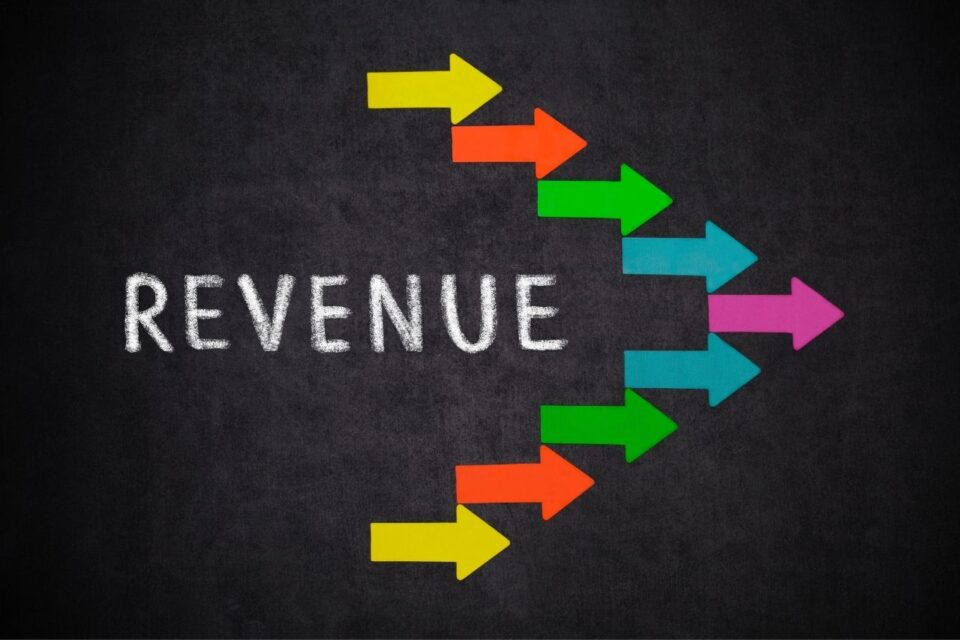
13 Steps of Revenue Cycle Management
May 6, 2021
How to use Enhanced Ambulatory Patient Grouping (EAPG) Systems to classify and calculate reimbursements for outpatient services?
July 19, 2021Payment Cycle Management is also known as Revenue Cycle Management (RCM). It is a process specially designed to manage the healthcare facility system. It is important to run a hospital or any other healthcare facility.
It decides how effectively the hospital will be able to run with the help of a well-designed payment cycle management system. The system works for anyone and everyone. You can have a capacity of accommodating either 50 or 5000 patients.
The reason why the payment cycle management is necessary is that in the case of the usual practices, around 60% of the accounts are receivable, leaving behind 40%.
If the healthcare facility caters to more people, the 40% also significantly increases, making more room for the RCM to take place. Having a payment cycle management system is important to ensure a smooth process for the patients.
What are the key factors that affect the payment cycle management?
Here is a list of all the prominent factors that come into play during the payment cycle management:
Patient experience
The first and foremost important factor that has the most impact on the payment cycle management system is the experience of the patient.
A patient must be informed about the entire process beforehand to make sure that they know about what is expected from them from the beginning. Uninformed patients, on the other hand, give a hard time to the healthcare facilities because of the lack of knowledge about the process.
Thus, it becomes essential to tell the patient about their financial responsibility beforehand. They should know about what payment options they have to make the process easier for them as well. You should also be connected to the patients through a reliable portal that allows you to access their payment records and gives details of their previous healthcare records.
Insurance eligibility
Another important factor is insurance eligibility. It is important to make sure that the patient has insurance coverage to take care of the medical bills. In any case, no insurance will cover the entire healthcare cost. Whatever cost is left uncovered by the insurance, the patient will be directly charged.
For this particular reason, the insurance eligibility must be done to avoid any issues later that both the hospital and the patient will have to face.
Patient billing
As easy as it may sound, collecting money from a patient can become quite a task. It can also become time-consuming if the patients do not cooperate. If the payment cycle management is not well organised, the entire process can become quite haphazard.
Compliance
Last but certainly not least, it is important to make sure that there is a check and balance on the payment cycle to ensure that there is no room for any mishap. The patient’s information should be secured in a way that no data can be accessed by anyone other than the patient.
Discover The Ultimate Pricing Transparency Solution
If you are interested in a free demo of our AllPayor® Software, please go HERE or you can register for a FREE webinar HERE





